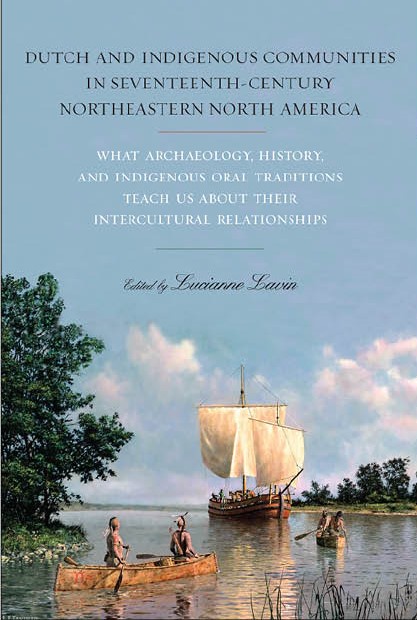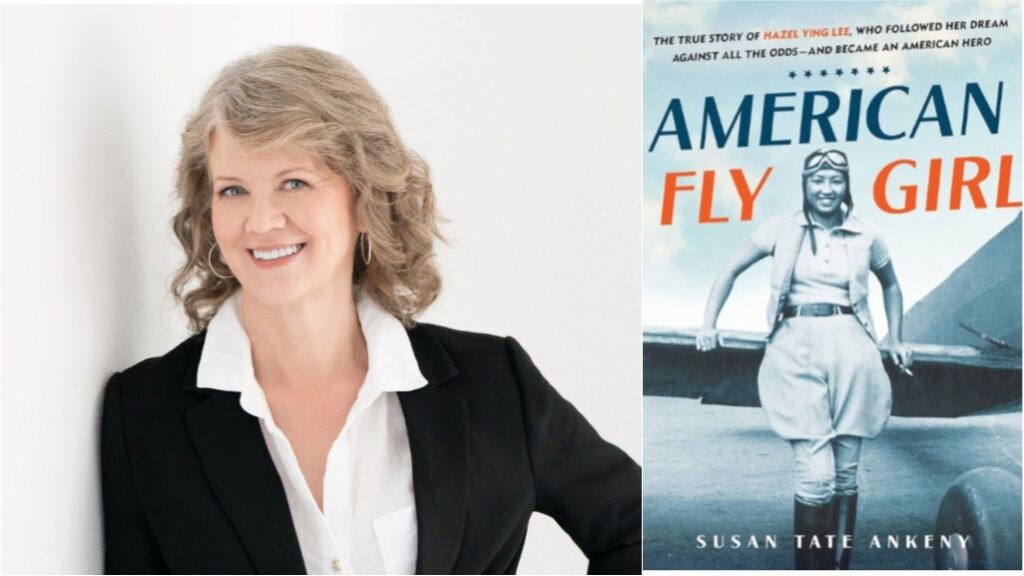
- This event has passed.
Dutch-Indigenous Relationships in Eastern New Netherland (That’s Connecticut, Folks!) (virtual)
Wednesday, February 7 at 2:00 pm - 3:00 pm

Join us for a virtual lecture, Dutch-Indigenous Relationships in EasternNew Netherland (That’s Connecticut, Folks!)
Enhance your knowledge about Dutch contributions to our Connecticut heritage: few people know that the first documented European to visit Connecticut was the Dutch explorer Adriaen Block in 1611, and that the first European settlers in Connecticut were the Dutch at Saybrook Point in 1623. (A Dutch trading post had been erected there even earlier, around 1614-1616.)
The Dutch Colony of New Netherland extended well beyond the Hudson River Valley, westward into present day New Jersey and Delaware and eastward to Cape Cod in Massachusetts. New Netherland was not just a loose linking of Dutch trading posts. Dutch colonists founded towns and villages along Long Island Sound, the mid-Atlantic coast, and up the Connecticut, Hudson, and Delaware River valleys. Their daily routines brought them into frequent contact with their Native American neighbors. Although altercations did occur, in general the relationships resulted in a Dutch-Indigenous interdependence that enhanced living standards and promoted goodwill within both communities.
The purpose of this PowerPoint presentation is to introduce its audience to the significant impact of Dutch traders AND settlers on our history, including the continuing strong Dutch presence in western Connecticut, Dutch relationships with local Indigenous communities, and the noteworthy, often long-term effects of those relationships on our heritage. The Dutch deserve a more prominent position in Connecticut history books and museum exhibits. Dutch-American history and Dutch contributions to American culture should be mandated topics in Connecticut’s school curriculum. These were the main reasons for the publication of my edited volume Dutch and Indigenous Communities in Seventeenth Century Northeastern North America: What Archaeology, History, and Indigenous Oral Traditions Teach Us about their Intercultural Relationships (2021, Albany: State University of New York Press).
Lucianne Lavin is Director Emerita of Research and Collections at the Institute for American Indian Studies (a museum and research and educational center in Washington, Connecticut), a position she held for 18 years. She has over 50 years of research and field experience in Northeastern archaeology and anthropology, including teaching, museum exhibits and curatorial work, cultural resource management, editorial work, and public relations. Dr. Lavin is a founding member of Connecticut’s Native American Heritage Advisory Council (a government agency whose appointed members advise the Office of State Archaeology and the State Historic Preservation Office on Native American burials and sacred sites), and retired editor of the journal of the Archaeological Society of Connecticut, a position she held for 30 years.
She received her M.A. and Ph.D. in anthropology from New York University and her B.A. from Indiana University. Dr. Lavin was awarded the Russell award by the Archaeological Society of Connecticut and elected Fellow of the New York State Archaeological Association for exemplary archaeology work in their respective states. In 2018, she received a Certificate of Award for Women in American History from The National Society of the Daughters of the American Revolution.
Dr. Lavin has written over 200 professional publications and technical reports on the archaeology and ethnohistory of the Northeast. Her award-winning book, Connecticut’s Indigenous Peoples: What Archaeology, History and Oral Traditions Teach Us about their Communities and Cultures (Yale University Press, 2013) won Second Place in the books category in the 2014 New England Museum Association Publication Award Competition (Publication Award New England Museum Association 2014-07-15), an Award of Merit from the Connecticut League of History Organizations (Award of Merit Connecticut League of History Organizations 2014-02-25), and was selected by the American Library Association’s Choice Magazine as the “Outstanding Academic Title for 2013 in the North America Category” (Outstanding Academic Title Choice 2014-01-21).
Her second book, Dutch and Indigenous Communities in Seventeenth-Century Northeastern North America (SUNY Press, 2021), is an edited volume rated by BookAuthority as one of “16 Best New Archaeology eBooks to Read in 2021.” Her most recent book, Our Hidden Landscapes: Indigenous Stone Ceremonial Sites in Eastern North America, was just published by the University of Arizona Press (October, 2023) Dr. Lavin is a Connecticut born resident, having lived much of her life in the lower Housatonic River Valley. She presently resides in northern Litchfield County.
Co-sponsored by the Avon Library & Avon Historical Society.
Please register; Zoom links will be sent out before the event.
Snow date: 2/8/24, 2pm


